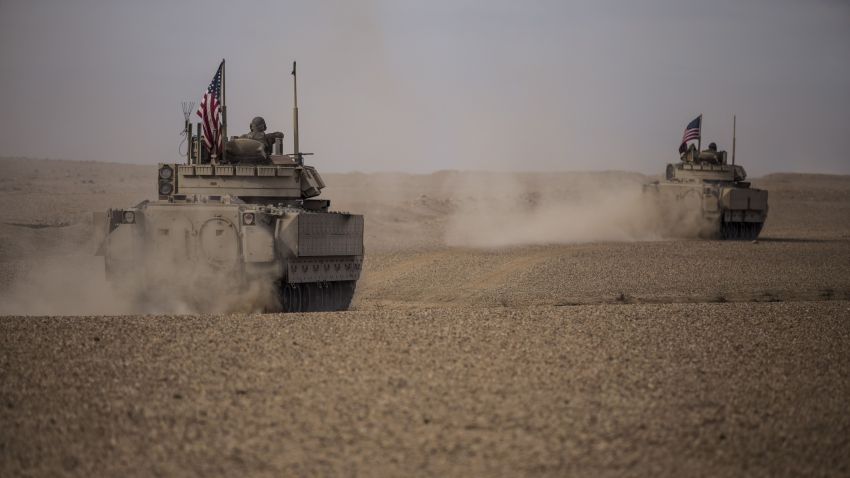Many Americans were reminded last week that the United States remains actively engaged in military combat overseas. But this conflict is not in Afghanistan, where the U.S. withdrew its forces last August. Nor is it in Ukraine, where President Joe Biden has gone out of his way to avoid direct military involvement. It’s in Syria.
Last week, the Biden administration authorized airstrikes against Iranian-backed militants in response to rocket attacks on bases housing U.S. forces. While the militants’ rockets resulted in only minor injuries to U.S. troops, reports indicate that the U.S. retaliatory strikes were quite extensive and deadly.
While the Afghanistan War seemed to last “forever” and the war in Ukraine has “fixated” the public for the past six months, the Syrian war appears to be largely “forgotten.” To be fair, it has generated attention at certain moments, such as when then-President Barak Obama decided not to attack the forces of Syrian President Bashar al-Assad in response to the use of chemical weapons in 2013, or when his successor, President Donald Trump, chose to respond with force to a chemical weapons attack in 2017. There was also much outrage over the brutal killings—including of Americans—by the Islamic State in 2015, as well as angst over the U.S. decision to “abandon the Kurds”—the on-the-ground partners for the U.S.-led coalition that went on to militarily defeated the Islamic State—back in 2019. Even the 2016 vice presidential debate featured a segment on the war.

